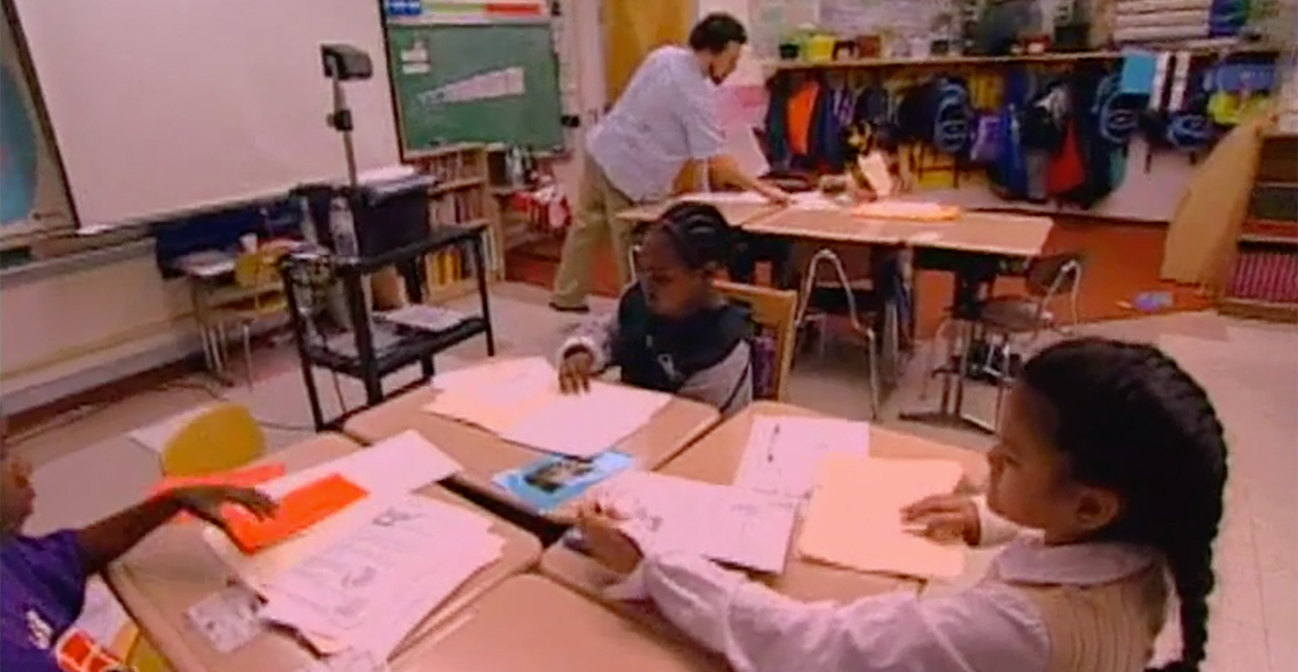How do students become effective writers? What challenges do they face in writing across the curriculum? In this session, literacy expert Nadeen Ruiz provides a structure for planning and implementing a writing program in the intermediate grades. You will learn how to connect specific teaching and assessment strategies to students’ personal experiences and writing goals.
Private: Teaching Reading: 3-5 Workshop
Writing
This workshop examines the relationship between reading and writing in the middle grades. Literacy expert Nadeen Ruiz discusses the connections, conventions, and inventions that provide a framework for teaching writing, illustrated by classroom examples.

Learning Goals
At the end of this session, you will better understand how to:
- plan a framework for designing and managing an effective writing program
- use oral language and reading to support writing
- provide meaningful feedback to your students on their writing
- include students in the assessment of their writing
- foster independent writing
“When children move into the intermediate grades, the nature of the writing tasks that they face changes dramatically. Most children are learning new ways of writing expression. They are asked to create longer text, texts that are different in terms of their organization, their purpose, and their audience.”
Nadeen Ruiz
Director of Elementary Education
Stanford University
Meet the Expert
 Nadeen Ruiz is the appointed director of the Elementary Education Program at Stanford University School of Education. She has taught on the subject of bilingual multicultural education at CSU Sacramento, where she also served as the director of the teacher preparation program. Her research focuses on the literacy development of bilingual, special education students and deaf students. She started her career in education as an elementary school teacher.
Nadeen Ruiz is the appointed director of the Elementary Education Program at Stanford University School of Education. She has taught on the subject of bilingual multicultural education at CSU Sacramento, where she also served as the director of the teacher preparation program. Her research focuses on the literacy development of bilingual, special education students and deaf students. She started her career in education as an elementary school teacher.
Assignments
If you are taking this workshop for credit or professional development, submit the following assignments for Session 4: Writing.
![]()
1. Examine the Literature
In this assignment, you will read two articles on teaching writing and complete the Examine the Literature Response Chart.
![]()
2. Using Exemplary Writing
In this activity, you will learn how to identify and use examples of good writing to help students improve specific skills. Complete the Using Exemplary Writing Chart to document new strategies you plan to use.
![]()
3. Supporting Struggling Writers
In this activity, you will consider each stage of the writing process, the difficulties some of your students encounter, and complete the Supporting Struggling Writers Chart to document specific teaching strategies you can use to help them improve.
![]()
4. What Did You Learn?
In this activity, you will write a summary of the ideas and strategies you explored in this session.
![]()
5. Create a Literacy Practices Portfolio
If you are taking this workshop for credit, you will continue constructing your portfolio of instructional practices.
Related Resources
Print Resources
Bromley, K. “Building a Sound Writing Program.” In Best Practices in Literacy Instruction, edited by L. M. Morrow, L. B. Gambrell, and M. Pressley, 143-165. New York: Guilford Press, 2003.
Calkins, L. M. The Art of Teaching Writing. Portsmouth, NH: Heinemann, 1994.
Fletcher, R., and J. Portalupi. Writing Workshop: The Essential Guide. Portsmouth, NH: Heinemann, 2001.
Fountas, I., and G. S. Pinnell. Guiding Readers and Writers, Grades 3-6. Portsmouth, NH: Heinemann, 2001.
Graves, D. H. Writing: Teachers and Children at Work (20th anniversary edition). Portsmouth, NH: Heinemann, 2003.
Routman, R. Writing Essentials. Portsmouth, NH: Heinemann, 2005.
Rubin, R., and V. G. Carlan. “Using Writing to Understand Bilingual Children’s Literacy Development.” The Reading Teacher 58, no. 8 (May 2005): 728-739.
![]()
Web Resources
National Writing Project
This site provides teachers with research-based information on writing instruction, ideas for using writing workshops and sample units for teaching writing.
Write On Reader
This site provides information on the history of writing, the writing process, forms of writing, a glossary of terms, different languages, and punctuation.
Young Writer Resources
This site includes a comprehensive list of children’s magazines that publish student writing.

